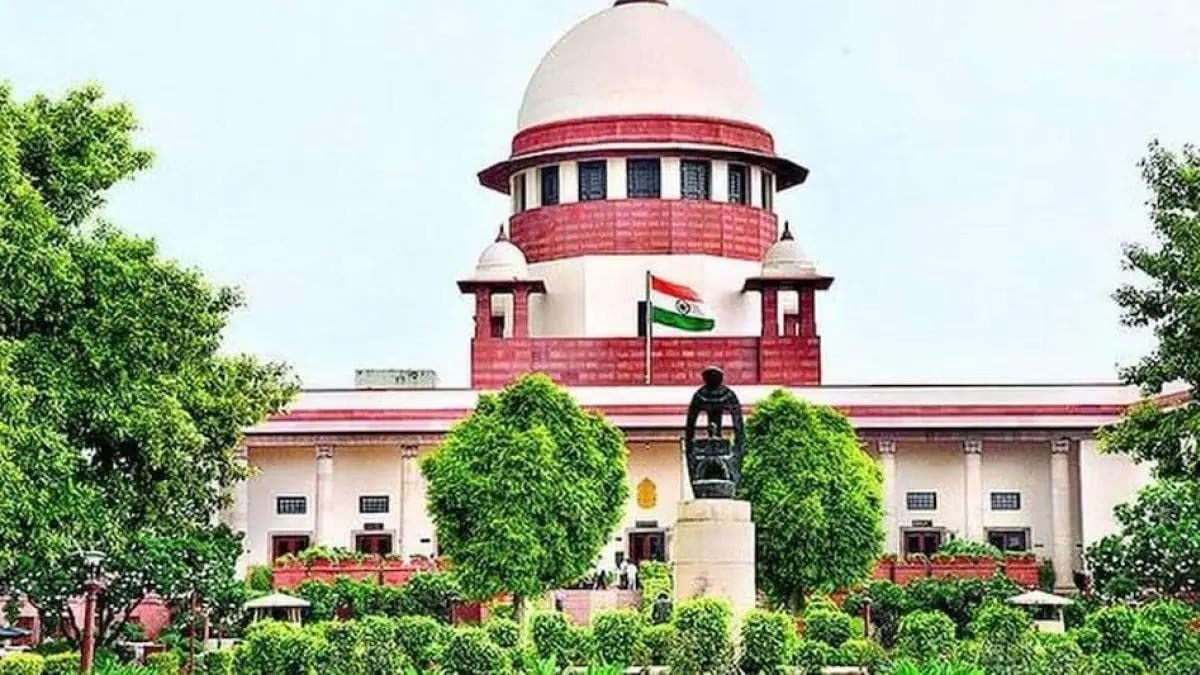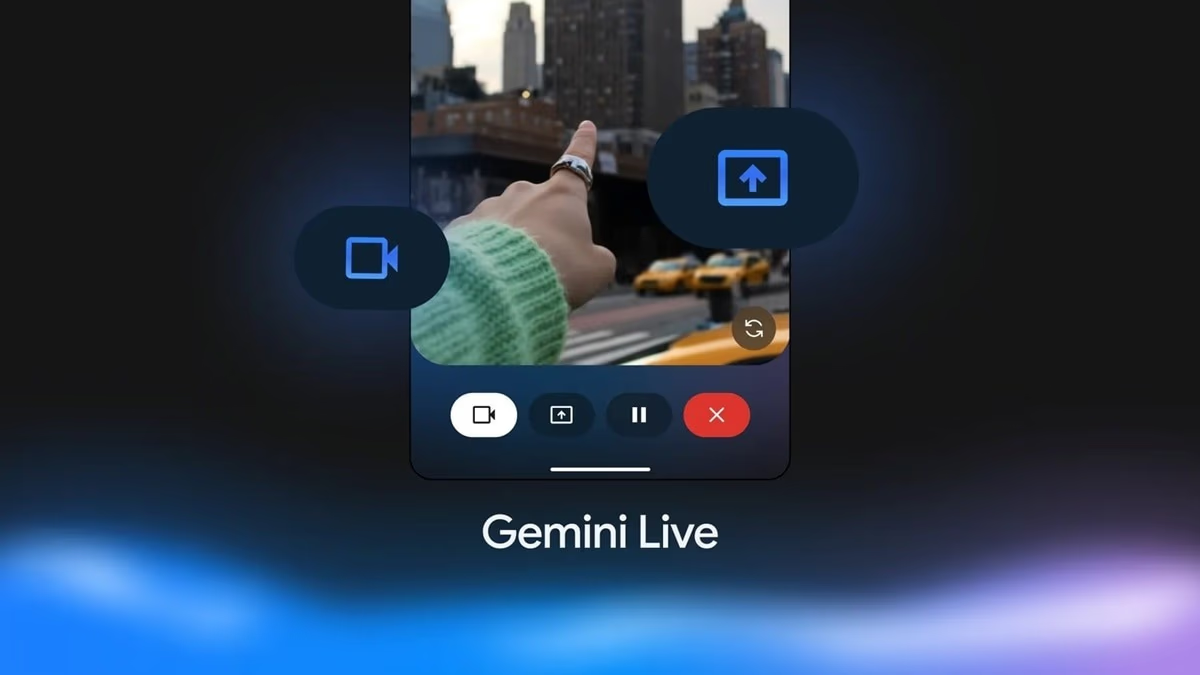The Supreme Court recently delivered a landmark decision regarding 10 bills passed by the Tamil Nadu Assembly that had been withheld by Governor RN Ravi for years. Following the court's verdict, the central government is expected to file a review petition in the Supreme Court this week. This move indicates that a legal and legislative tussle is unfolding between the central government and the Supreme Court.
The central government believes that imposing a deadline will create constitutional turmoil. With the Supreme Court’s approval of the 10 stalled bills by Tamil Nadu Governor RN Ravi, the central government is now poised to tackle the issue of 'Pocket Veto', referring to the undefined powers of the President and Governor.
Preparing the Review Petition
The central government will file a review petition against the Supreme Court's decision to set a timeline for bill approvals. According to law department officials, no definitive decision was made from discussions yet. The Supreme Court has also stated that if the President withholds approval of any bill, the state government may directly approach the Supreme Court.
Also Read: 'No One Holds the Right to Pocket Veto', Supreme Court Sets Timeframe for Presidential Decision on Bills for the First Time
'Order to Decide Within Three Months'
The Supreme Court in its decision stated that the President should announce a decision within three months of receiving a bill forwarded by the Governor for consideration. The central government aims to review this timeline and order, questioning whether the Supreme Court's intervention in constitutional provisions is appropriate.
Stay Informed: Tamil Nadu Governor RN Ravi Sparks Controversy with 'Jai Shri Ram' Slogan, Opposition Labels Him RSS Spokesperson
'Operate Within Constitutional Limits'
In recent months, not just Tamil Nadu, but also Kerala, Telangana, Punjab, and West Bengal have witnessed fierce standoffs between governors and governments over the non-approval of bills passed by the legislative assembly. The Supreme Court has often warned that any constitutional entity, be it governors or others, must operate within the constitutional boundaries.
Understand More: Punjab, Kerala, and Now Tamil Nadu. Will the Supreme Court's Decision Resolve the Chief Minister-Governor Feud?
'Decision Limits Governor’s Constitutional Role'
The court explicitly stated in its decision that the Governor does not hold the 'Pocket Veto', meaning the right to indefinitely hold any file. Disagreeing with this, the central government believes this constrains the Governor's constitutional role.




